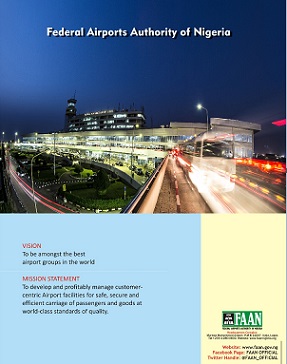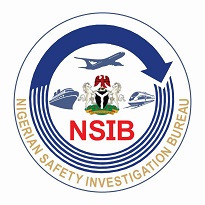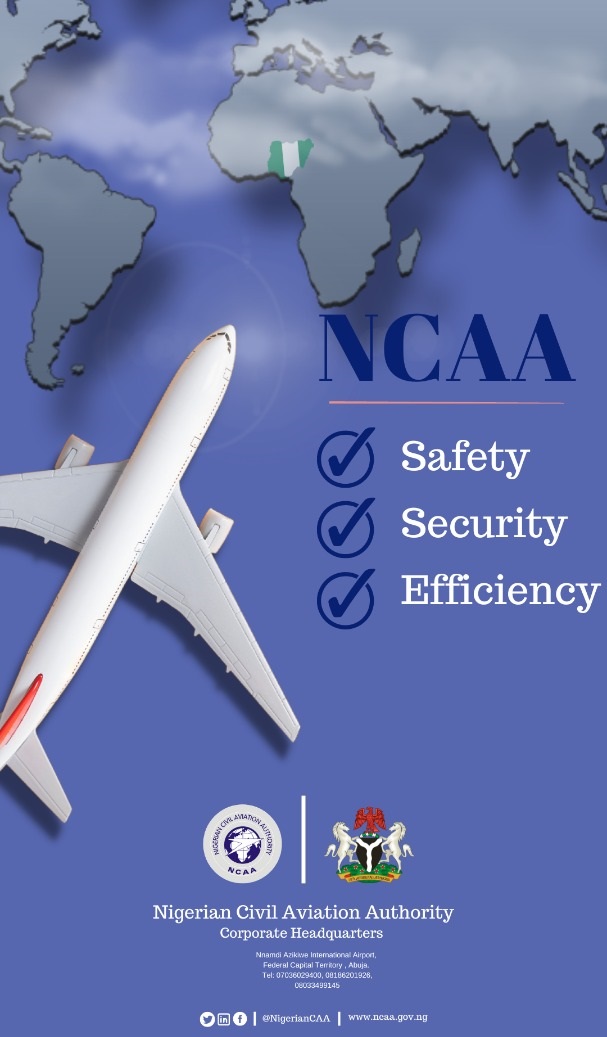John Ojikutu
The increase in the pumping price of fuel announced by government should not necessarily be the concern of Nigerians but the open cheque given to whoever wants to import fuel into the country. For the aviation industry especially, this could be an invitation to disaster.
The government decision arose because it felt it could no longer subsidise the pumping price of fuel as well as provide foreign exchange to support the importation. The NCAA and the airlines operators should be very concerned about this development in fuel importation that could have serious consequence on flight safety.
There had been reported cases in the recent past that some marketers were selling kerosene as jet-A1 to airlines. These were marketers who were importing kerosene and collecting subsidies on it from the government and yet were selling it as jet-A1.
With the latest development, the NCAA should draw up standards for jet-A1 quality assurance, starting with the transportation vehicles type or profile; supply and trucking systems; storage and dispensing systems, etc. At the moment the vehicles supplying jet-A1 are not sufficiently distinct from those supplying other petroleum products. The consequence of all these development could result in fuel contermination as some of the AIB Reports of some aircraft accidents have shown.
Up till about 1992, jet-A1 supply to MMA was through pipelines from Ejigbo or NNPC depot. The supply from the MMA depot too, to the hydrants on the apron where fuel is dispensed to aircraft, were done also through the pipelines. The method then was quality assurance in practice. Unfortunately, since the pipelines got ruptured in 1992, nobody in NNPC, NCAA, FAAN and even the airlines the end users, raised serious concern on why there had been no repairs of the pipelines in 24 years.
The neglect of the repair of the pipelines is a major reason for the high cost of jet-A1 and invariably the airlines operating cost if the the costs of transportation and demurrage on the tankers are considered. These costs are huge and are substantial earnings for the owners of the tankers used for bridging the fuel supply between the NNPC depot and the airport depot. These tanker owners are those who would not want to see the pipelines repaired.









